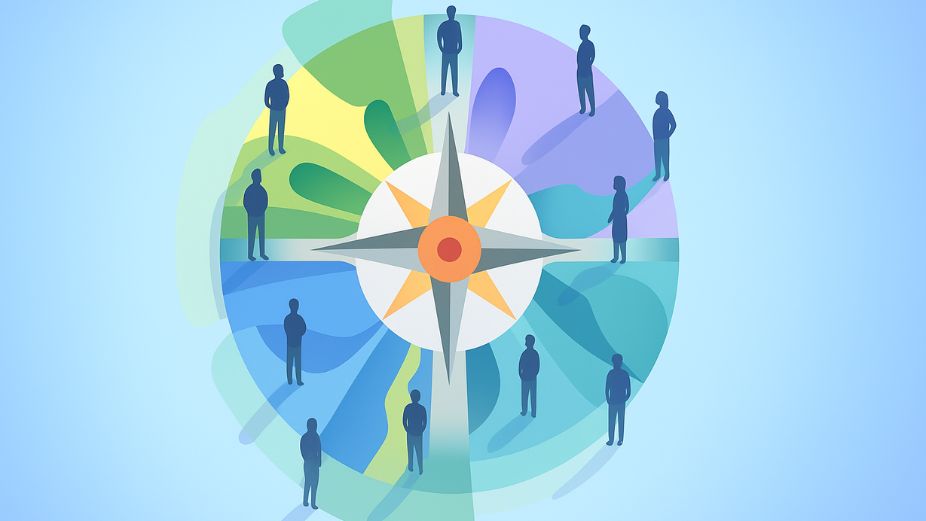
A new report by Deloitte reveals key insights into the attitudes and expectations of Generation Z and millennials, who are set to make up nearly three-quarters of the global workforce by 2030. The findings, based on responses from over 23,000 young professionals across 44 countries, highlight significant shifts in career goals, education pathways, and workplace expectations that Maldivian businesses and decision-makers can learn from.
The report shows that for these generations, career success is no longer defined solely by climbing the corporate ladder. Only 6% of Gen Z respondents said their primary career goal is to reach a leadership position. Instead, they seek a “trifecta” of financial security, meaningful work, and well-being. This preference reflects a departure from traditional career paths and highlights the need for employers to rethink how they attract and retain talent.
Financial worries remain a central theme, with nearly half of both generations reporting that they do not feel financially secure. Cost-of-living concerns continue to top the list of anxieties, contributing to stress and impacting overall happiness. For Maldivian employers, this highlights the importance of offering competitive salaries, but also of supporting employees’ financial literacy and well-being to foster a more engaged and satisfied workforce.
The study also points to a growing interest in alternative education paths. Nearly a third of Gen Zs and millennials said they opted out of higher education, citing high tuition costs and concerns about the relevance of formal education to real-world job markets. This trend suggests that Maldivian decision-makers might consider promoting more vocational training and apprenticeships to bridge skills gaps and attract young talent.
GenAI is another area where these generations are leading the charge. Over half of respondents reported using AI in their daily work, particularly for tasks such as data analysis and content creation. However, concerns about job displacement and automation persist. Maldivian businesses would be wise to invest in both technical training and soft skills development, empathy, leadership, and adaptability are key areas identified in the report.
Mental health remains a pressing issue, with only 52% of Gen Zs and 58% of millennials rating their well-being as good or very good. Stress drivers include long working hours, lack of recognition, and toxic work cultures. The report emphasises the role of managers in addressing these stressors by fostering positive work environments and supporting mental health initiatives. For Maldives’ leaders, this is a reminder that workplace wellness is essential for productivity and employee satisfaction.
Environmental concerns also weigh heavily on the minds of these generations. Over 65% of Gen Zs and 63% of millennials reported feeling anxious about the environment, influencing their buying decisions and career choices. This finding offers an opportunity for Maldivian businesses to strengthen their environmental commitments and communicate these values clearly to attract purpose-driven talent.
The Deloitte report makes clear that young professionals today want more than a paycheck, they want a sense of purpose, opportunities to learn and grow, and a workplace that respects their well-being. For Maldives’ business leaders and policymakers, the lesson is simple: to attract and retain the next generation of talent, create an environment where money, meaning, and well-being intersect, and invest in both hard and soft skills that equip employees for a changing world of work.












